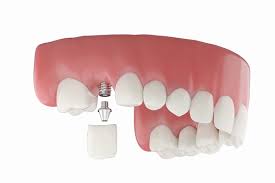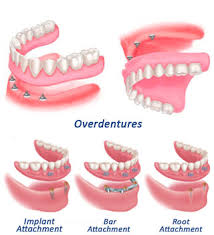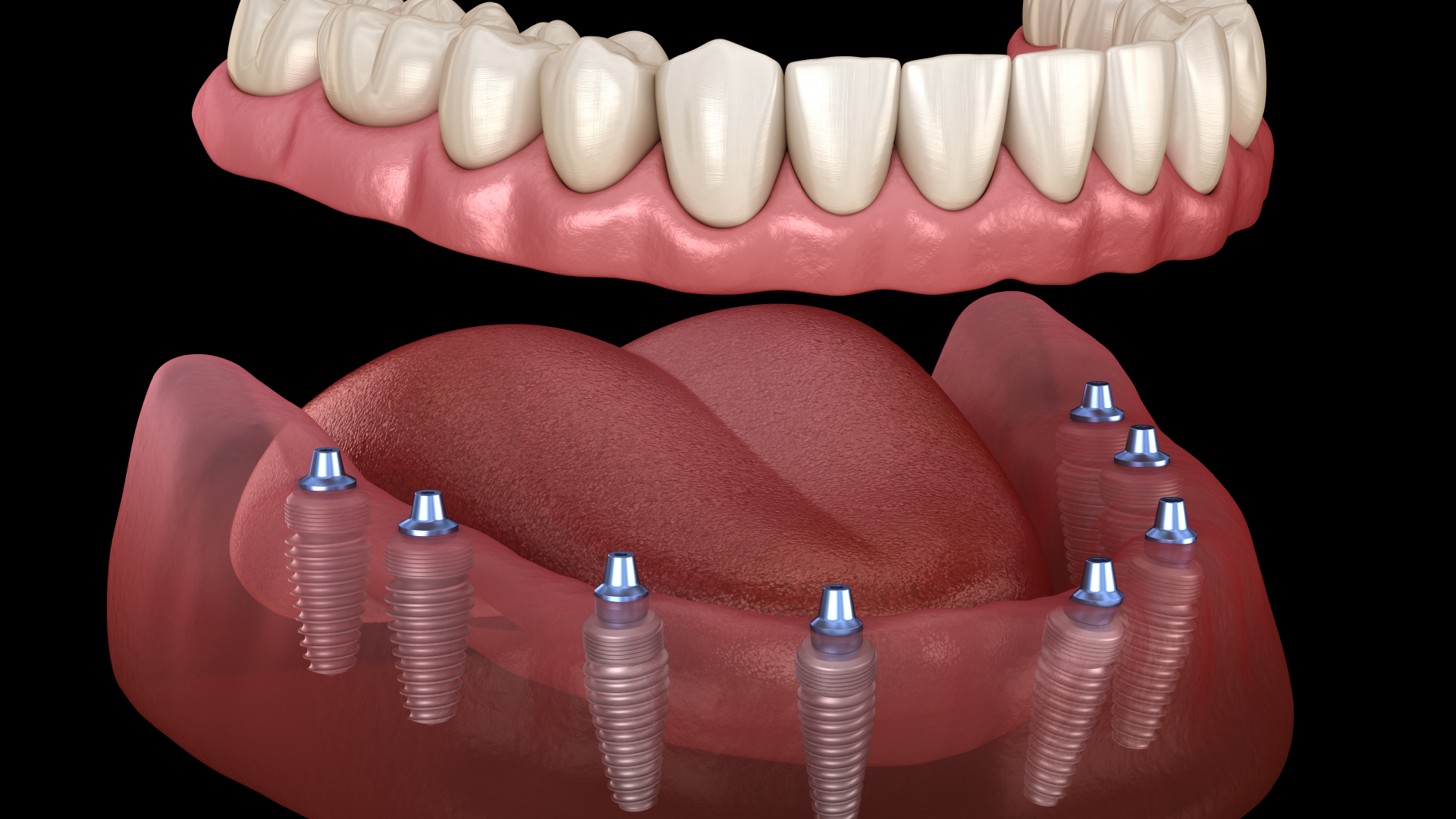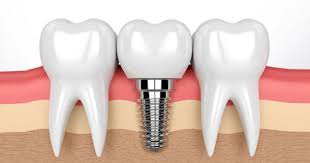A single tooth can be replaced with a dental implant, dental bridge, flipper, or partial denture.
Dental implant
- A titanium post is surgically placed into the jawbone to replace the tooth root.
- The implant looks and functions like a natural tooth.
- It can last a lifetime with proper care.
- It helps preserve bone density.
Dental bridge
- An artificial tooth is anchored to adjacent natural teeth.
- It's a non-surgical option.
- It can be a good choice when the adjacent teeth are already damaged and need crowns.
Flipper
- A relatively cheap and painless option to replace a missing tooth.
- It's a temporary tooth replacement option.
- It can be uncomfortable.
Partial denture
- A removable replacement for missing teeth and surrounding tissues.
- It has clasps or attachments that grip onto the adjacent teeth for stability.
A dental professional can help you weigh the pros and cons of each option based on your specific needs and budget.





